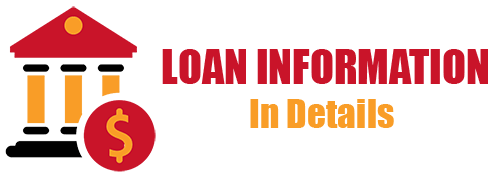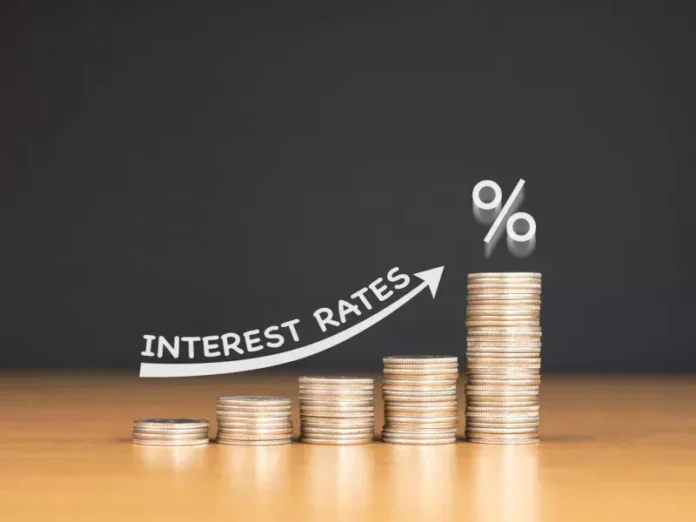Unveiling the Finest Mortgage Details in the USA
Welcome to our comprehensive guide on mortgage details in the USA, where we delve into every aspect of this intricate financial landscape. Whether you’re a first-time homebuyer or a seasoned real estate investor, understanding the nuances of mortgage options, rates, and terms is crucial for making informed decisions that align with your financial goals. In this article, we’ll provide an in-depth exploration of the various mortgage types, interest rates, eligibility criteria, and essential tips to empower you on your home financing journey.
Types of Mortgages Offered in the USA
The mortgage market in the USA offers a diverse array of mortgage types to cater to the varied needs of borrowers. Conventional mortgages are the most common, with fixed or adjustable interest rates. FHA (Federal Housing Administration) loans are government-backed mortgages designed to assist first-time homebuyers with lower credit scores and down payments. VA (Veterans Affairs) loans, on the other hand, are exclusively available to eligible veterans, providing them with favorable terms and conditions. Moreover, for rural homebuyers, there are USDA (United States Department of Agriculture) loans that offer attractive zero-down payment options.
Interest Rates and Their Impact
Interest rates play a pivotal role in the overall cost of a mortgage. The difference of a few percentage points in interest rates can significantly affect the total amount paid over the life of a loan. Fixed-rate mortgages maintain a steady interest rate throughout the loan term, offering predictability and stability. Adjustable-rate mortgages (ARMs), however, have fluctuating interest rates that can result in lower initial payments but carry the risk of increasing rates in the future. It’s essential to carefully evaluate your financial circumstances and risk tolerance before choosing between these options.
Qualification Requirements
To secure a mortgage in the USA, lenders assess various factors to determine your eligibility. These factors include your credit score, which reflects your creditworthiness and past financial behavior, and your debt-to-income (DTI) ratio, which illustrates your ability to manage monthly payments alongside existing debts. Lenders also consider your employment history and income stability, as well as the size of your down payment. Meeting these criteria enhances your chances of securing a favorable mortgage.
Tips for a Successful Mortgage Application
- Improve Your Credit Score: A higher credit score can lead to better interest rates. Ensure timely payments, minimize credit utilization, and rectify any errors on your credit report.
- Save for a Down Payment: A larger down payment can reduce your monthly payments and even eliminate the need for private mortgage insurance (PMI).
- Gather Required Documentation: Lenders require various documents, such as tax returns, pay stubs, and bank statements. Prepare these in advance to expedite the application process.
- Compare Multiple Lenders: Don’t settle for the first offer you receive. Obtain quotes from different lenders to find the most competitive rates and terms.
- Consider Pre-Approval: Getting pre-approved for a mortgage gives you a clear picture of your budget and shows sellers that you’re a serious buyer.
- Read and Understand Terms: Thoroughly review all terms and conditions before signing. Seek clarification on any points that seem unclear.
Frequently Asked Questions About Mortgage Details in the USA
In this section, we’ve compiled answers to some of the most common questions about mortgage details in the USA. Whether you’re a first-time homebuyer or a seasoned investor, these FAQs will provide valuable insights into the complex world of mortgages.
1. What Are the Different Types of Mortgages Available?
There are several types of mortgages available in the USA, catering to different financial situations and needs:
- Conventional Mortgages: These are traditional mortgages offered by private lenders with fixed or adjustable interest rates.
- FHA (Federal Housing Administration) Loans: Backed by the government, these loans are designed for individuals with lower credit scores and smaller down payments.
- VA (Veterans Affairs) Loans: Exclusively for veterans, these loans come with favorable terms and require no down payment in many cases.
- USDA (United States Department of Agriculture) Loans: These loans are aimed at homebuyers in rural areas, offering zero-down payment options.
2. How Do Interest Rates Affect My Mortgage?
Interest rates play a significant role in determining the overall cost of your mortgage. A lower interest rate can result in lower monthly payments and less money paid over the life of the loan. Fixed-rate mortgages maintain a consistent interest rate throughout the loan term, providing stability. Adjustable-rate mortgages (ARMs) come with variable interest rates that can lead to lower initial payments but may increase over time.
3. What Criteria Do Lenders Consider for Mortgage Approval?
Lenders evaluate several factors when considering your mortgage application:
- Credit Score: A higher credit score indicates better creditworthiness and may lead to more favorable terms.
- Debt-to-Income (DTI) Ratio: This ratio compares your monthly debt payments to your income. A lower DTI ratio is preferable to lenders.
- Employment History: Lenders prefer borrowers with a stable employment history.
- Income: Your income level affects the amount you can borrow and your ability to make payments.
- Down Payment: A larger down payment can lower your monthly payments and reduce the lender’s risk.
4. How Can I Improve My Chances of Mortgage Approval?
To improve your chances of mortgage approval:
- Enhance Your Credit Score: Pay bills on time, reduce outstanding debts, and check your credit report for errors.
- Save for a Down Payment: A larger down payment demonstrates your commitment and reduces the amount you need to borrow.
- Gather Necessary Documentation: Prepare documents like tax returns, pay stubs, and bank statements to speed up the application process.
- Shop Around: Compare offers from different lenders to find the best rates and terms.
5. What Is Mortgage Pre-Approval?
Mortgage pre-approval is a process where a lender evaluates your financial information and credit score to determine the maximum amount they’re willing to lend you. This gives you a clear budget when house hunting and shows sellers that you’re a serious buyer.
The Insider’s Views on Boosting Website Traffic
If you’re looking to enhance your website’s visibility and drive more organic traffic, explore insightful tips and strategies on Web SEO India. Our comprehensive guide on SEO covers everything from keyword optimization to backlink building, helping you unlock the potential of your online presence. Don’t miss out on the opportunity to elevate your website’s performance in the digital realm.


